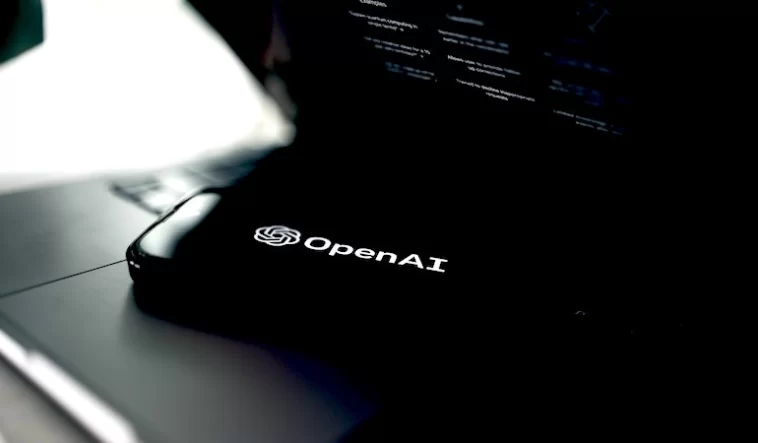Researchers at the University of Pennsylvania’s Wharton School found that a chatbot that uses artificial intelligence passed the school’s MBA program final exam.
According to Christian Terwiesch of the University of Pennsylvania’s Wharton School, the Bot’s performance on the test has important implications for business school education. He added that Bot scored B- and B grades on the exam which is a good sign. The system displays exceptional abilities to automate the skills of high-paid knowledge workers, such as analysts, managers, and consultants whose jobs are held by MBA graduates.
It was noted that the Bot was very efficient at answering basic operations management questions and process analysis questions, including those based on case studies. In addition, he said that the explanations provided by the Bot were excellent. He added that the Bot has remarkable accuracy in modifying its answers based on human hints. Educators are growing concerned that artificial intelligence chatbots could encourage cheating in the classroom, which is one of Terwiesch’s findings. As we know that chatbots technology is not new, ChatGPT blew up on social media at the end of 2022. A ban on ChatGPT was announced by the Department of Education of New York City earlier this month on school devices and networks.
This debate mainly revolves around ChatGPT’s conversational speaking style and its coherent, topical response style, which makes it difficult for people to distinguish between ChatGPT’s responses and those of actual humans. Numerous experts in artificial intelligence and education have acknowledged that bots such as ChatGPT may be detrimental to education in the future. However, in recent interviews, some educators and experts claimed they were not concerned about the issue.
In response to a request for comment, a spokesperson for OpenAI, the company responsible for creating the Bot, declined to comment. It appears that the GPT-3 model used in the experiment is an older brother of the most recent ChatGPT Bot that has become a controversial topic among educators and those who work in the field of artificial intelligence. According to the OpenAI website, ChatGPT, the newest version of OpenAI’s GPT series, is based on a fine-tuned model from the GPT-3.5 series.
According to Terwiesch, the current version of Chat GPT is not equipped to handle more advanced process analysis questions, even if they are based on fairly standard templates. It includes process flows with multiple products and problems with stochastic effects such as demand variability. However, Terwiesch said ChatGPT3’s performance on the test has “important implications for business school education, such as the need for exam policies, curriculum design that emphasizes the collaboration between humans and artificial intelligence, simulations that can be used to simulate real-world decision-making processes, the need to teach creative problem solving, and an increase in teaching productivity.” He Said that as far as I’m concerned, I believe the technology can be used to engage students in a variety of ways other than the old “write a five-page essay” method. However, it is up to us as educators to reimagine education and find other ways to engage students to achieve this.


